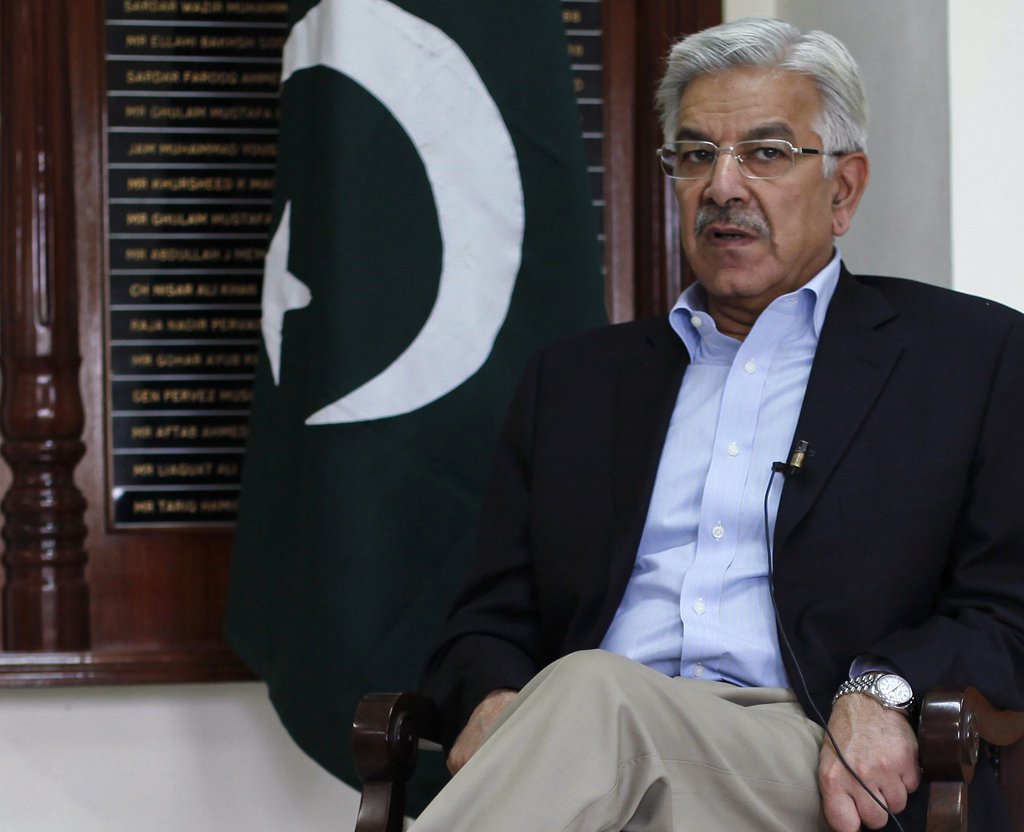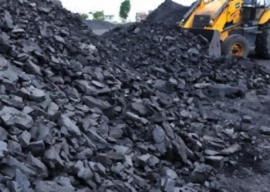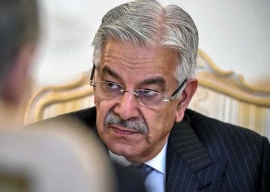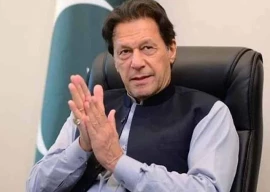
Foreign Office spokesperson Nafees Zakria told The Express Tribune that Asif would be traveling to Tehran on Monday, adding that during his daylong trip, the foreign minister would call on Iranian President Hassan Rohani and hold formal talks with his counterpart Javad Zarif.
The visit is part of Pakistan’s efforts to reach out to key regional countries against the backdrop of Trump’s new plan for Afghanistan and South Asia.
Iran was among the countries that denounced Trump’s threatening statement against Pakistan. Islamabad and Tehran appear to be on the same page on Afghanistan.
Khawaja Asif's visit will promote coordination between Beijing, Islamabad: China
Government officials are also hopeful of a positive outcome of the foreign minister’s visit since months-old strained ties between Iran and Saudi Arabia are on the mend.
The deteriorating ties between Tehran and Riyadh had complicated Pakistan’s efforts to bring regional countries on board.
At a news conference last Thursday in Islamabad, Foreign Minister Asif had said Pakistan was pleased to note the de-escalation in tension between Tehran and Riyadh.
He also stressed the need of pursuing a regional approach on Afghanistan. Asif said countries such as China, Russia, Iran and Turkey could play a crucial role in this regard.
Afghan Taliban are US and Afghanistan's problem, not ours: Khawaja Asif
The foreign minister visited China last Friday and managed to win crucial support from Beijing, which urged the world to recognise Pakistan’s sacrifices in the fight against terrorism.
China also threw its weight behind Pakistan’s stance that solution to the 16-year-long conflict in Afghanistan is not possible through the use of force. Both countries have called for pursuing the political option for achieving peace in the war-ravaged country.
In his policy speech on August 21, Trump announced troop surge to break the stalemate in Afghanistan. He at the same time hit out at Pakistan for what he called supporting ‘agents of chaos, violence and terrorism’.
Trump then went on to add that Pakistan would have to change that approach in a statement seen by many as an ultimatum for Islamabad to act or face the consequences.
Terror fight: China says world can’t shut eyes to Pakistan’s efforts
Pakistan, which is in the process of formulating its own strategy, in its initial reaction rejected Trump’s allegations that the country was harbouring and supporting the Afghan Taliban and the Haqqani Network.
Many in Pakistan, including parliament, view Trump’s new strategy as a direct threat to the country’s sovereignty and territorial integrity.
In a damage control exercise, US Ambassador to Pakistan David Hale insisted that Trump did not blame Islamabad for the failure in Afghanistan. The US envoy claimed that Pakistan still had a central role to play in achieving peace and stability in Afghanistan.

















COMMENTS (2)
Comments are moderated and generally will be posted if they are on-topic and not abusive.
For more information, please see our Comments FAQ